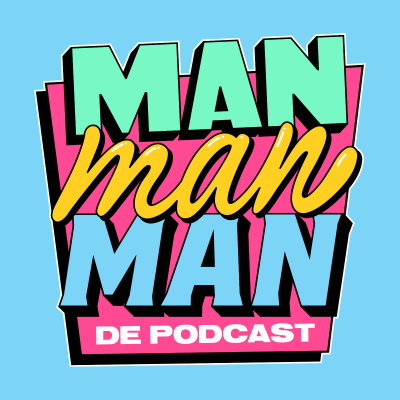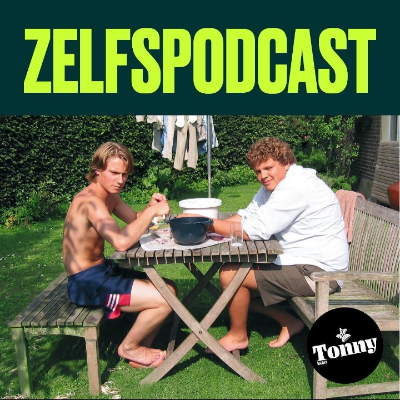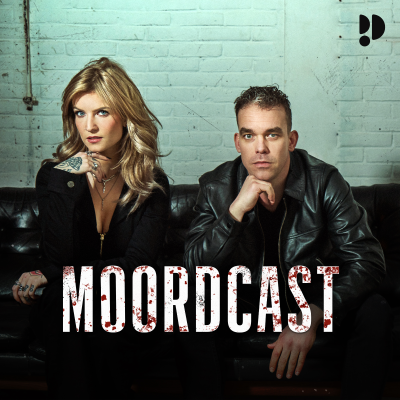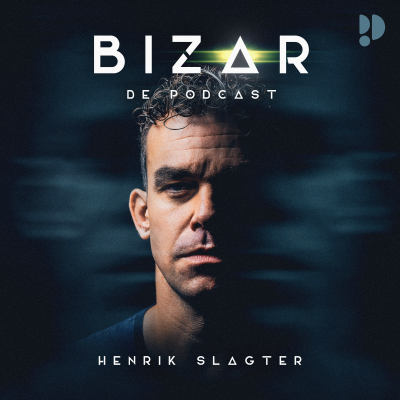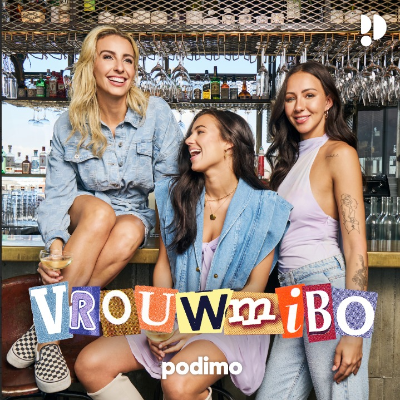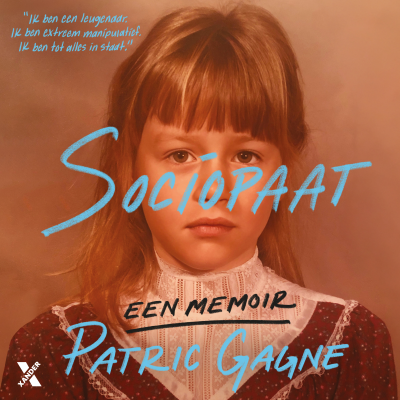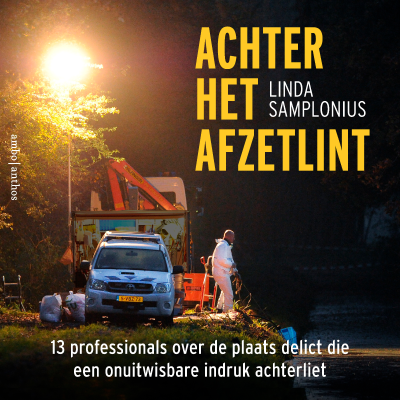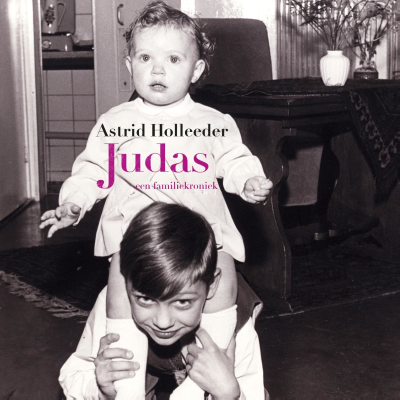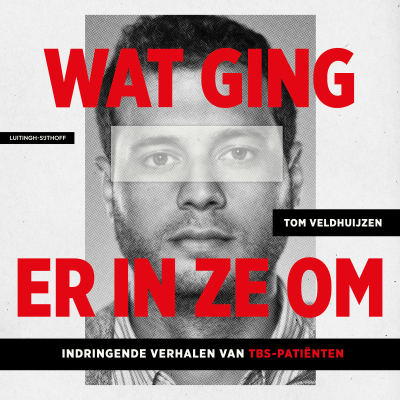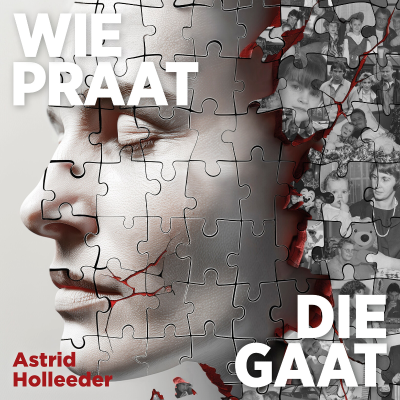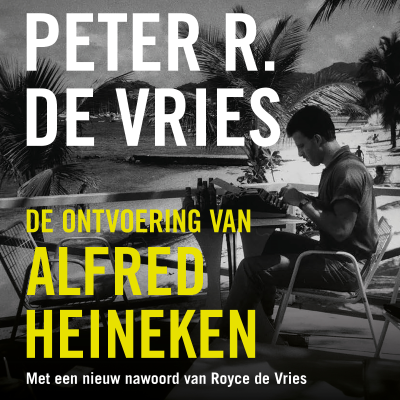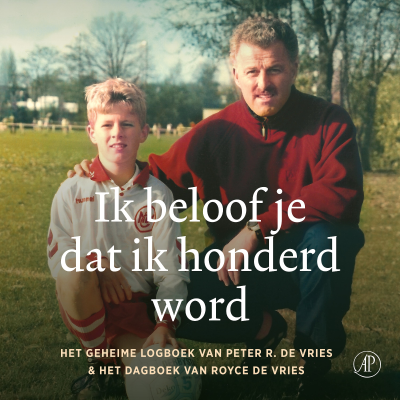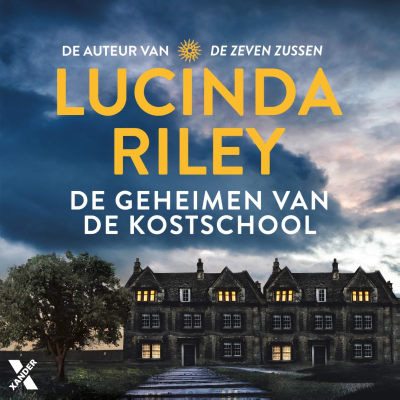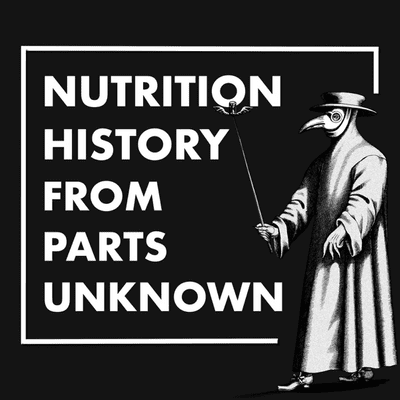
Nutrition History (From Parts Unknown)
Podcast door Eamonn McKay
the histories behind nutrition
Tijdelijke aanbieding
3 maanden voor € 0,99
Daarna € 9,99 / maandElk moment opzegbaar.
Alle afleveringen
15 afleveringenThis is the story of beriberi. For more than 1500 years, beriberi was known as poison wind affliction, a sickness produced by chronic exposure todamp winds.In reality, beriberi is caused by the absence of a vital nutrient in the diet (vitamin B1) the human body requires in amounts less than one thousandth of a gram per day— the same amount that could fill a standard vitamin capsule 500 times. It would take decades of gruelling and relentless front-line work to establish the connection of the beriberi and the diet—work pioneered by physicians and medical thinkers who bucked the rigid medical dogma of their time. The story of beriberi, from its first description through the discovery and synthesis of vitamin B1, plays out in the context of Japan's transformation from a premodern feudal society into an industrialized nation.
In Episode 13 of Nutrition History from Parts Unknown, we're talking on sugar, the unlikely superfood of medieval times. We'll be tracing the emergence of sugar in fine medieval cuisine and discussing its importance in maintaining a health humoural complexion, as well as its many medicinal applications.
In Episode 12 of Nutrition History from Parts Unknown, we're continuing where we left off in Episode 11, talking on the 14th century medical community's response to the Black Death of 1347-51. This response was most exhaustively detailed in a genre of literature known as 'Plague Regimen'. These were popular medical manuals which provided the reader an understanding of the pestilence's origins, and advised on lifestyle interventions to prevent catching the disease. The advice of the Plague Regimen focused on the six medieval lifestyle factors, or "non-naturals" : air quality, sleep, physical activity, excretion and retention (this included bathing and sex), emotional health, and diet.
In Episode 11 of Nutrition History from Parts Unknown, we're talking the 14th century medical community's response to the Black Death of 1347-51. This response was most exhaustively detailed in a genre of literature known as 'Plague Regimen'. These were popular medical manuals which provided the reader an understanding of the pestilence's origins, and advised on lifestyle interventions to prevent catching the disease. The advice of the Plague Regimen focused on the six medieval lifestyle factors, or "non-naturals" : air quality, sleep, physical activity, excretion and retention (this included bathing and sex), emotional health, and diet.
In Episode 11 of Nutrition History from Parts Unknown, we're talking the 14th century medical community's response to the Black Death of 1347-51. This response was most exhaustively detailed in a genre of literature known as 'Plague Regimen'. These were popular medical manuals which provided the reader an understanding of the pestilence's origins, and advised on lifestyle interventions to prevent catching the disease. The advice of the Plague Regimen focused on the six medieval lifestyle factors, or "non-naturals" : air quality, sleep, physical activity, excretion and retention (this included bathing and sex), emotional health, and diet.
Tijdelijke aanbieding
3 maanden voor € 0,99
Daarna € 9,99 / maandElk moment opzegbaar.
Exclusieve podcasts
Advertentievrij
Gratis podcasts
Luisterboeken
20 uur / maand


